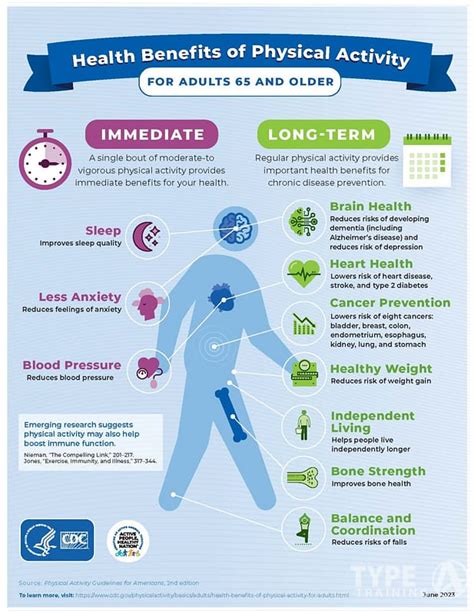Intro
Learn 5 normal blood sugar tips to manage diabetes, including glucose control, insulin balance, and healthy habits to stabilize blood glucose levels naturally.
Maintaining normal blood sugar levels is crucial for overall health and well-being. When blood sugar levels are within a normal range, the body can function properly, and the risk of developing chronic diseases such as diabetes, heart disease, and stroke is reduced. Normal blood sugar levels are typically between 70 and 140 milligrams per deciliter (mg/dL), although this can vary slightly depending on the individual and the time of day. In this article, we will explore the importance of maintaining normal blood sugar levels and provide tips on how to achieve and maintain them.
The importance of maintaining normal blood sugar levels cannot be overstated. When blood sugar levels are too high or too low, it can lead to a range of symptoms and health problems. High blood sugar levels, also known as hyperglycemia, can cause symptoms such as thirst, frequent urination, and blurred vision, while low blood sugar levels, also known as hypoglycemia, can cause symptoms such as shakiness, dizziness, and confusion. If left untreated, high blood sugar levels can lead to serious health problems, including nerve damage, kidney damage, and heart disease.
Maintaining normal blood sugar levels requires a combination of healthy lifestyle habits, including a balanced diet, regular physical activity, and stress management. By making a few simple changes to daily habits, individuals can help to maintain normal blood sugar levels and reduce the risk of developing chronic diseases. In the following sections, we will explore some tips for maintaining normal blood sugar levels, including dietary changes, physical activity, and stress management techniques.
Understanding Blood Sugar Levels

Factors That Affect Blood Sugar Levels
Several factors can affect blood sugar levels, including diet, physical activity, stress, and certain medications. A diet high in sugar, refined carbohydrates, and saturated fats can cause blood sugar levels to rise, while a diet rich in fruits, vegetables, and whole grains can help to maintain normal levels. Physical activity, such as walking or jogging, can also help to lower blood sugar levels and improve insulin sensitivity. Stress can cause blood sugar levels to rise, while relaxation techniques, such as deep breathing or meditation, can help to lower levels.Dietary Changes for Normal Blood Sugar

Foods That Help Regulate Blood Sugar
Some foods are particularly effective at helping to regulate blood sugar levels. These include: * Leafy green vegetables, such as spinach and kale, which are rich in fiber and antioxidants * Berries, such as blueberries and strawberries, which are rich in fiber and antioxidants * Nuts and seeds, such as almonds and chia seeds, which are rich in healthy fats and fiber * Fatty fish, such as salmon and tuna, which are rich in omega-3 fatty acids and protein * Sweet potatoes, which are rich in complex carbohydrates and fiberPhysical Activity for Normal Blood Sugar

Benefits of Regular Physical Activity
Regular physical activity has numerous benefits for overall health and well-being, including: * Improving insulin sensitivity and reducing the risk of developing type 2 diabetes * Lowering blood pressure and cholesterol levels, and reducing the risk of heart disease * Improving mental health and reducing stress and anxiety * Improving sleep quality and duration * Increasing energy levels and improving overall physical functionStress Management for Normal Blood Sugar

Benefits of Stress Management
Effective stress management has numerous benefits for overall health and well-being, including: * Reducing the risk of developing chronic diseases, such as heart disease and diabetes * Improving mental health and reducing stress and anxiety * Improving sleep quality and duration * Increasing energy levels and improving overall physical function * Improving relationships and overall quality of lifeMonitoring Blood Sugar Levels

Importance of Regular Monitoring
Regular monitoring of blood sugar levels is essential for maintaining normal levels and preventing health problems. By monitoring blood sugar levels regularly, individuals can: * Identify patterns and trends in blood sugar levels * Make informed decisions about diet and physical activity * Adjust medication or insulin doses as needed * Prevent complications and health problems associated with high or low blood sugar levelsWhat are normal blood sugar levels?
+Normal blood sugar levels are typically between 70 and 140 milligrams per deciliter (mg/dL), although this can vary slightly depending on the individual and the time of day.
How can I maintain normal blood sugar levels?
+Maintaining normal blood sugar levels requires a combination of healthy lifestyle habits, including a balanced diet, regular physical activity, and stress management.
What are the symptoms of high or low blood sugar levels?
+High blood sugar levels can cause symptoms such as thirst, frequent urination, and blurred vision, while low blood sugar levels can cause symptoms such as shakiness, dizziness, and confusion.
How often should I check my blood sugar levels?
+The frequency of checking blood sugar levels depends on individual needs and health status, but most people with diabetes or prediabetes should check their levels at least once a day.
What are the benefits of maintaining normal blood sugar levels?
+Maintaining normal blood sugar levels can help to prevent complications and health problems associated with high or low blood sugar levels, such as nerve damage, kidney damage, and heart disease.
In conclusion, maintaining normal blood sugar levels is crucial for overall health and well-being. By making a few simple changes to daily habits, including dietary changes, physical activity, and stress management, individuals can help to maintain normal blood sugar levels and reduce the risk of developing chronic diseases. We encourage readers to take action and start making changes today to maintain normal blood sugar levels and improve overall health. Share this article with friends and family who may benefit from this information, and comment below with any questions or tips you may have.
